when does an oncologist get involved
 What Is an Oncologist: What You Need to Know About Cancer Doctors
What Is an Oncologist: What You Need to Know About Cancer DoctorsWhat is an oncologist? An oncologist is a doctor who specializes in diagnosing and treating people who have cancer. If you have cancer, an oncologist will design a treatment plan based on detailed pathology reports that tell what type of cancer you have, how much it has developed, how fast it is likely to spread, and what parts of your body are involved. Since most cancers are treated with a combination of therapies, several different types of oncologists can be seen during the course of their treatment. Medical oncologistsMedical oncologists treat cancer using , , , and other targeted treatments. People often think of the medical oncologist as their primary cancer doctor. Medical oncologists help your patients manage side effects, and help monitor and maintain well-being. A long time, patients follow their medical oncologists after treatment is complete. Radiation oncologists Radiation oncologists use high-energy photon rays to attack and kill cancer cells. Almost all cancer patients will have radiation treatments as part of their cancer care. Some cancers respond better to small "semillas" of irradiated material implanted in the affected area, while others respond better to intense radiation rays that are so highly targeted that they are called "radiosurgea". A surgical oncologist may be one of the first doctors to see if your primary care doctor suspects you have cancer. Surgical oncologists often perform, eliminating a small section of tissue so it can be checked for cancer cells. If cancer cells are present, you can see the surgical oncologist again — this time to remove the tumor and surrounding tissues. The surgeon will help you prepare and also recover from any surgical procedure you have during the treatment of the cancer. Pediatric oncologistsPydiatric oncologists diagnose and treat children who have cancer. Some children under 15 years of age are diagnosed with cancer every year around the world. In the United States, some children diagnosed with cancer and treaties will survive. Some pediatric oncologists specialize in certain types of cancer, and some focus on research on childhood cancers. An important part of the work of most pediatric oncologists is to educate families whose children are undergoing cancer treatment. Gynecological oncologistsGynecological oncologists specialize in the treatment of cancers that affect women, such as , , , and cancers, but also often treat complicated gynecological conditions that are not cancerous such as endometriosis and fibroid tumors. Like other cancer specialists, gynaecological oncologists have several years of training that specifically focuses on cancers that affect women. Hematologist-oncologistDoctors who specialize in treating blood cancers such as leukemia and lymphoma are called hematologists, because they can also treat blood disorders that are not cancer, such as sickle cell anemia and hemophilia. What's to bring with you? What to Expect Your first oncology date can last from two to three hours. That's because your oncologist will need to spend some time gathering information about your health. You should also wait: What to ask It is not weird to have many questions until the moment you are face to face with your doctor. So, poof! The stress caused by a cancer diagnosis could even temporarily "freeze" someone who is usually very good at getting the answers they need to make good decisions. That's why it might be a good idea to keep a pencil and paper (or an app of notes on your phone) useful on the days before your appointment, so you can make a note of your questions. Questions for your oncologistDoctors in the suggested patients consider these questions as a starting point: Doctors suggest that patients consider these questions as a starting point: Your oncologist might do a physical exam to find cancer-indicating anomalies. They can also test blood and urine or imaging such as magnetic resonance, ultrasound and CT scan. They could do one or more biopsies to check for cancer cells in the tissues. Oncology is a subspecialty of internal medicine. After graduating from medical school and becoming a graduated doctor, doctors must complete a three-year residence in internal medicine. After the residence, medical oncologists must complete two to three years in a medical oncology scholarship. Surgical oncologists must first complete a general surgical residence, followed by a two-year surgical oncology grant. Becoming radiation oncologist is a five-year process that includes an internship in internal medicine, followed by a radiation oncology residence. A good place to start is asking your primary care doctor for a recommendation. You may want to get multiple names so you can check which are part of your insurance network. Another option is to find a hospital you trust, and then find out which oncologists are associated with that hospital. The American Cancer Society has one that can help you find out which hospitals close to you will be the best choice for cancer care. The American College of Surgeons certifies cancer centers that meet a strict list of requirements through the Cancer Commission (ACC). Using your is a good way to find trusted cancer care centers near you. An oncologist is a doctor who treats cancer. Some of the subspecialties include medical, surgical, radiation, pediatric and gynaecological oncologists. Oncologists who specialize in blood cancers are called hematologists-oncologists. These doctors have completed rigorous and highly specialized training in the diagnosis and treatment of cancer through residencies and scholarships that complete after medical school. If you have been referring to an oncologist, you should expect some more tests. Several different cancer care specialists are likely to treat you, depending on what type of cancer you have. Last medical review on April 29, 2019 Read this next set of words
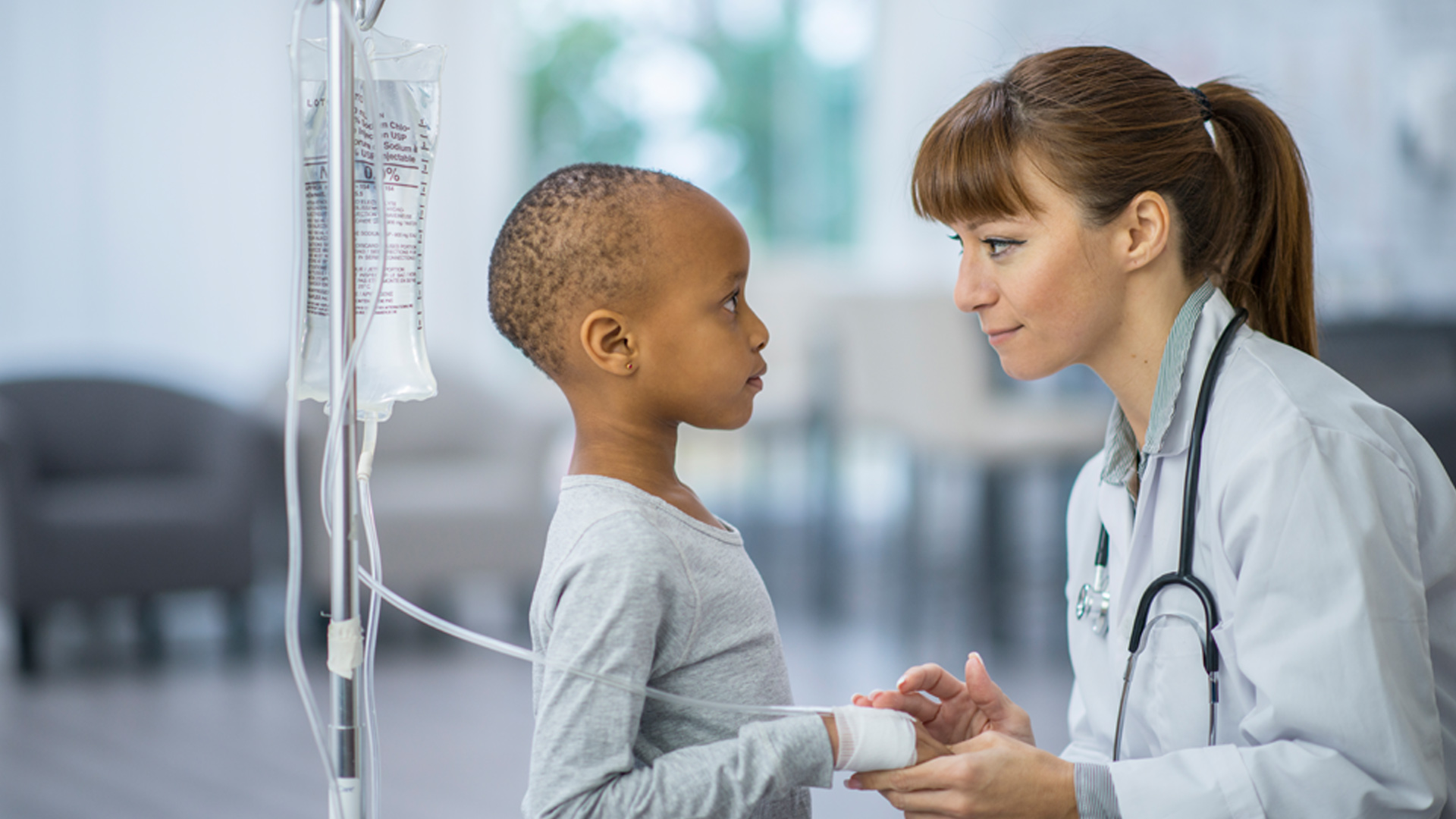
How to Become an Oncologist
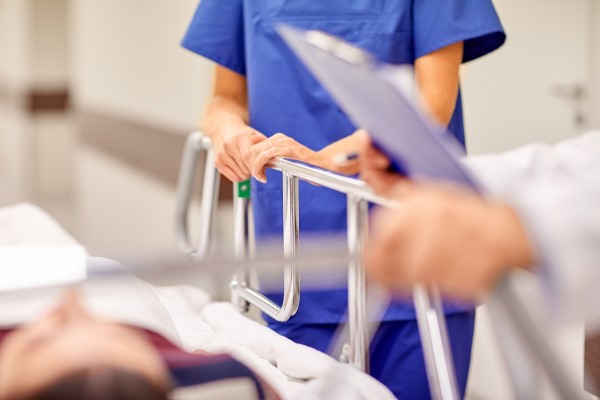
When Are Patients Referred to an Oncologist? - Lindenberg Cancer & Hematology Center Marlton, NJ 08053
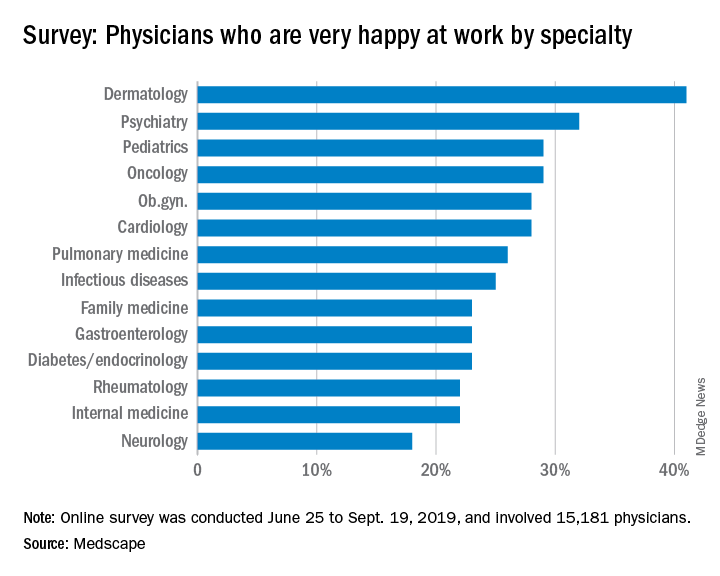
Oncologists are average in terms of happiness, survey suggests | MDedge Hematology and Oncology

15 Things Your Oncologist Wants You to Know
Cancer Treatment (Oncology)

What's the Difference Between Oncology Specialties? | CTCA

15 Things Your Oncologist Wants You to Know
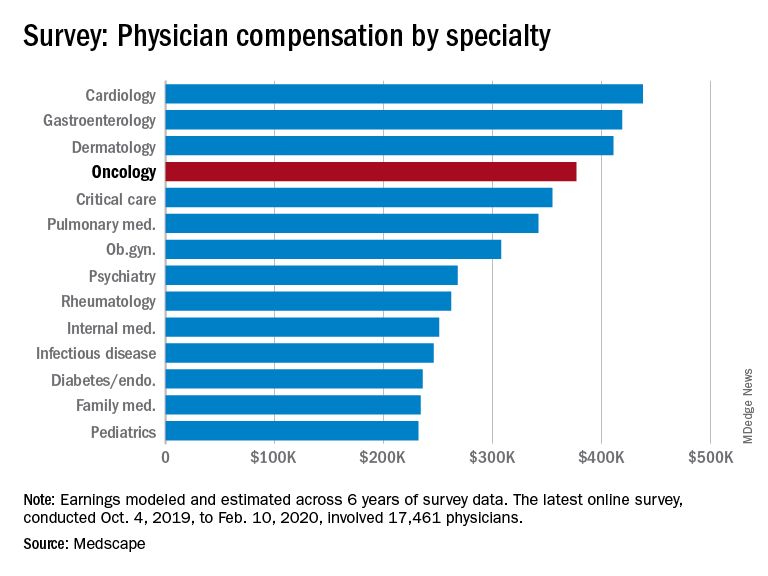
Oncologists' income and satisfaction are up | MDedge Hematology and Oncology
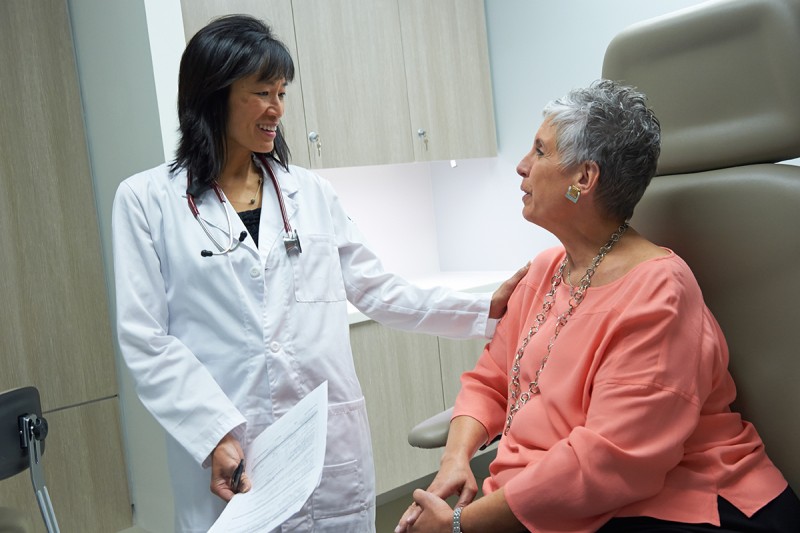
Making the Most of Your First Appointment with Your Oncologist | Memorial Sloan Kettering Cancer Center

The Oncology Team | Cancer.Net

Choosing a Doctor for Your Cancer Care | Cancer.Net

What does a radiation oncologist do? - David Geffen School of Medicine - Los Angeles, CA

Radiation Oncology

Cervical Cancer | Spectrum Health
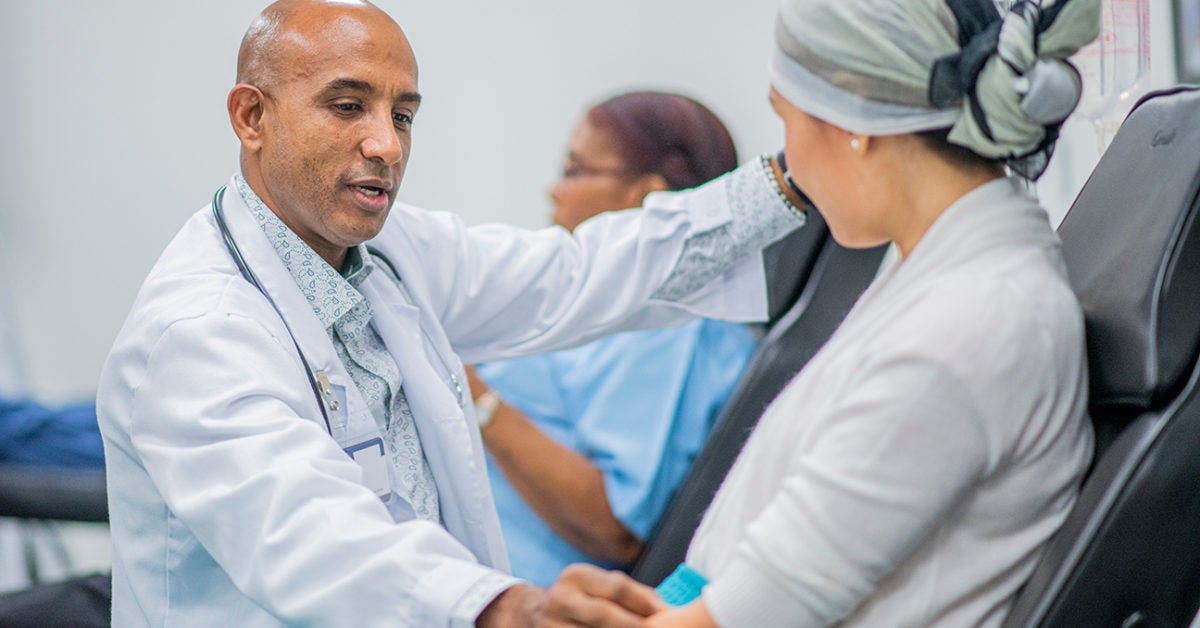
What is an oncologist? Everything you need to know

Cancer's long-term prognosis: as an oncologist I've never been so hopeful | Cancer | The Guardian

Become a Clinical Oncologist: Education and Career Roadmap
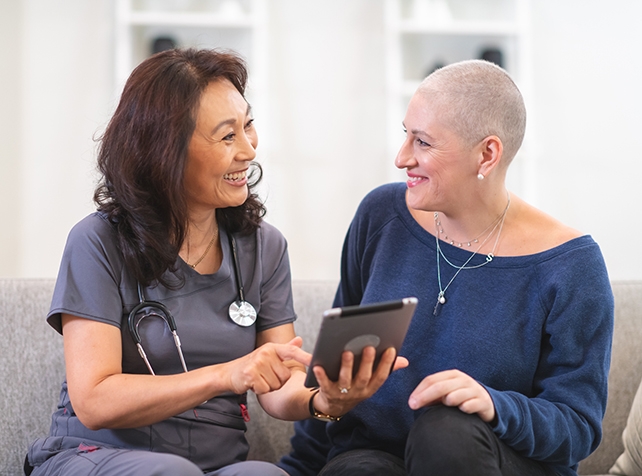
What does an oncology nurse do? - HealthTimes

How Oncology Nurses Support Non-Oncology Units Administering Chemotherapy | ONS Voice

Designing and implementing an integrated oncology care management program | McKinsey on Healthcare
EUROPEAN SCHOOL OF PERITONEAL SURFACE ONCOLOGY
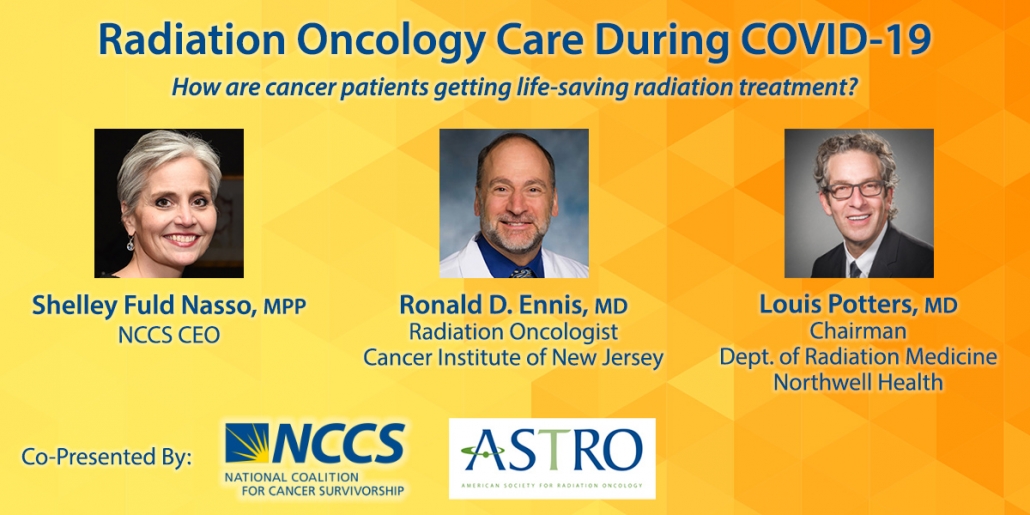
Radiation Oncology Care During COVID-19: How Are Cancer Patients Getting Life-Saving Radiation Treatment? - NCCS - National Coalition for Cancer Survivorship
:max_bytes(150000):strip_icc()/hematologist-oncologist-2860793_final-76b1d188bc714794b9d3e04fd33680a1.png)
Hematologist: Expertise, Specialties, and Training

Cancer — AMPATH

What does a hematologist-oncologist do? A day in the life of Dr. Gary Schiller - David Geffen School of Medicine - Los Angeles, CA
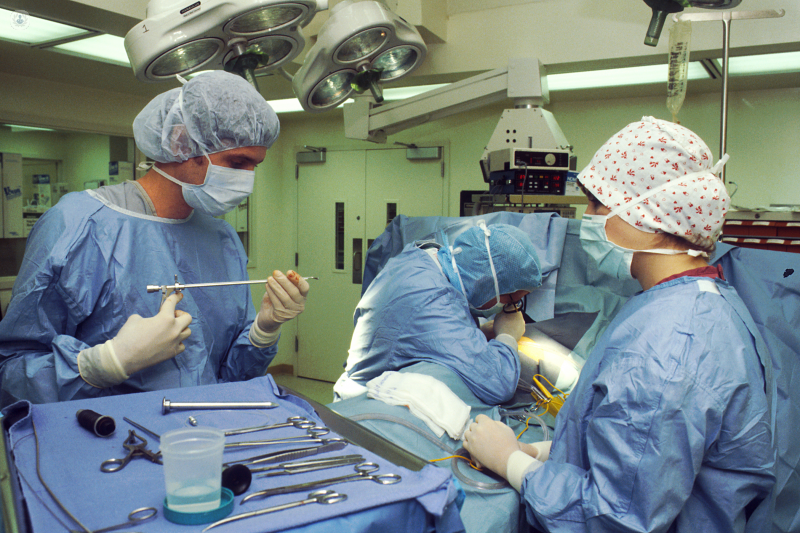
Surgical oncology: what is it, symptoms, causes, prevention and treatment | Top Doctors

Oncology - Wikipedia
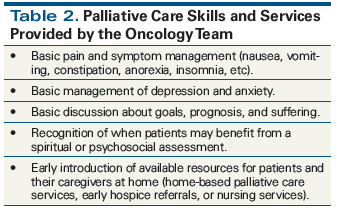
Effective Palliative Care: What Is Involved?

Patient empowerment in oncology: added value and concerns | Anticancerfund

About the Department of Medical Oncology - Dana-Farber Cancer Institute | Boston, MA

Gastrointestinal Medical Oncology Clinic | UCSF Health

European Society for Medical Oncology

Homepage - ESGO - European Society of Gynaecological Oncology | ESGO – European Society of Gynaecological Oncology
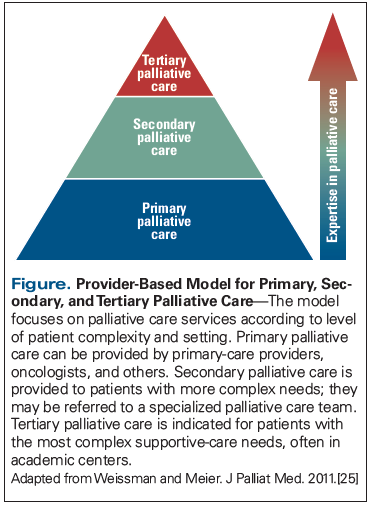
Effective Palliative Care: What Is Involved?
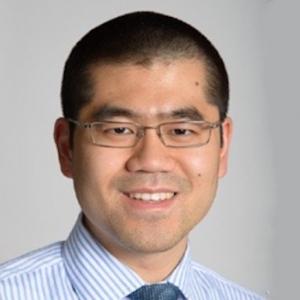
From BCCHR summer student to medical oncologist: Q&A with Dr. Dimas Yusuf | BC Children's Hospital Research Institute

What is a medical oncologist and what do they do? | HealthEngine Blog

Q&A: A Spotlight on Gynecologic Oncologists | Fox Chase Cancer Center - Philadelphia, PA

Home Page: International Journal of Radiation Oncology, Biology, Physics
Dr Siao Hoon | Medical Oncologist | Icon Cancer Centre

Radiation Oncology Clinic | UCSF Health
Posting Komentar untuk "when does an oncologist get involved"